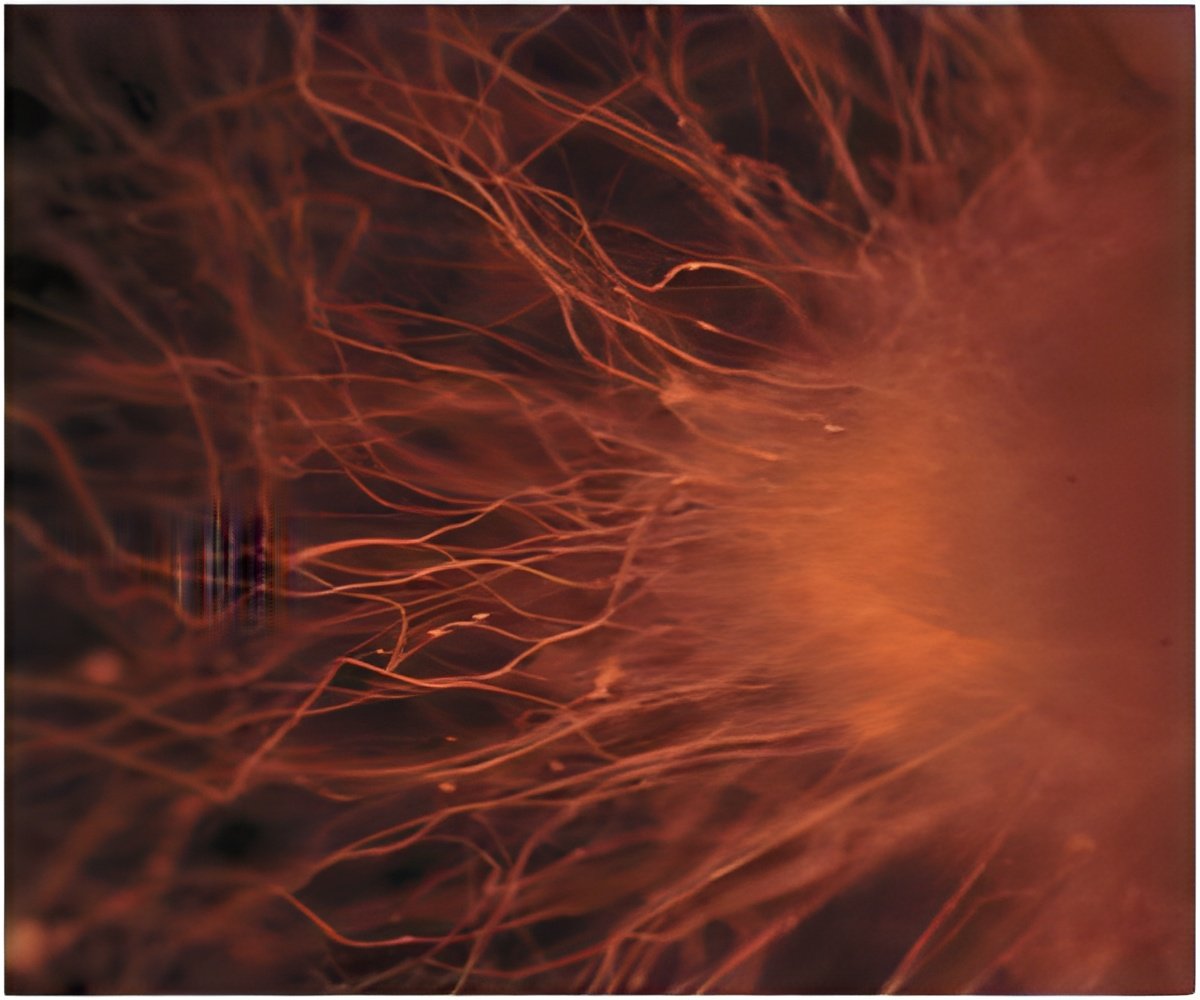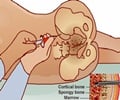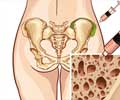Scientists at Tufts have developed a way to create silk sponges that dissolve into the body after a predetermined amount of time.

This is critically significant as different cell types require more or less initial support, while providing unnecessary support hinders the natural growth of cells where the man-made scaffold resides.
The scientists tested their silk scaffolds both in in-vitro, as well as implanting them into animals, and demonstrated that they hold onto mesenchymal stem cells seeded throughout their structure and help them grow throughout.
Source-Medindia
 MEDINDIA
MEDINDIA




 Email
Email




